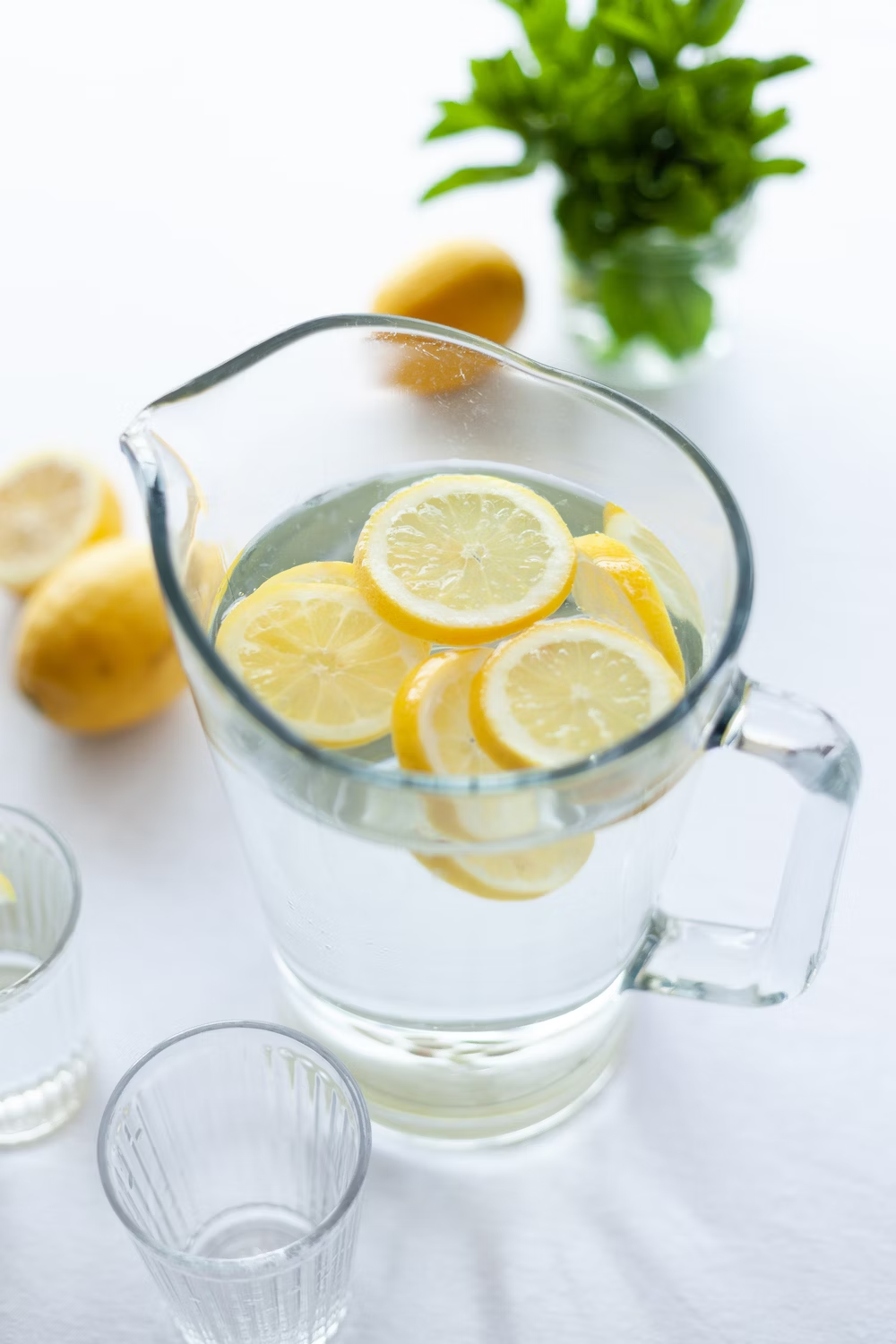Dehydration and what it does to your body

2024-02-26 08:24:34
Dehydration and what it does to your body
It’s common knowledge that water makes up a large portion of our bodies and plays an important part in a variety of processes.
Many people, however, do not drink enough water for a variety of reasons, ranging from stress to a strong distaste of its flavor. Moderate dehydration on a daily basis implies that our bodies are not functioning at their best, putting us at risk for a variety of illnesses and diseases.
Dehydration Effects
We must replenish water that we lost throughout the day via sweat, breast- feeding, bleeding etc.
Moderate dehydration, defined as a loss of water of less than 2%, can have a visible effect on the body. Dark urine with a strong odor, stomach burning, light headedness, weariness, dry eyes and lips, and lack of appetite are all symptoms.
Sweat can help athletes shed up to 10% of their body weight during activity. This can make exercise feel much more challenging, both physically and mentally, by increasing exhaustion and altering body temperature control. When athletes retain fluid equilibrium during exercise, they perform at their best.

When dehydration is severe (20%), blood pressure drops, we get drowsy, and renal function is compromised. Muscle spasms, clumsiness, and clumsiness, not able to swallow properly, sunken eyes and shriveled skin, are some of the other symptoms.
Water is essential for transporting, absorbing, digesting, and utilizing nutrients like vitamins, minerals, amino acids, and many more. As a result, when there is less water, nutrients can’t get to where they’re needed.
Dehydration over a long length of time can result in malnutrition, which can lead to a variety of nutritional and physical issues.
Listed below are a few examples:
Antioxidants in foods help us stay healthy by boosting our immune and preserving our skin and hair from free radical damage. When antioxidants aren’t delivered (which, as we all know, water is mostly responsible for), it can have an impact on how we look and feel. Many lifestyle diseases, including cancer, heart disease, and diabetes, are linked to free-radical damage. As a result, dehydration has an indirect impact on everything from ageing to disease.

Blood thickens due to a lack of water in the body. This means your heart needs to work harder to circulate blood, and it clots readily, raising your risk of heart disease.
Tryptophan is an amino acid that is essential for the production of serotonin, a mood-regulating hormone. Dehydration can cause mood problems and sadness by limiting the amount of tryptophan available to the brain. Mild dehydration has been demonstrated to affect mood, memory, and cognitive performance in a variety of studies, spanning from children to the elderly.
Maintaining a healthy level of hydration has been demonstrated to help with migraines, urinary tract infections, constipation, blood pressure, glaucoma, diabetes problems, and a slew of other ailments.
Weight Control and Hydration

Many people believe that drinking more water helps you lose weight by improving your metabolism and decreasing your appetite; however, these effects are minor and only last a short time. However, drinking half a liter of water 30 minutes before a meal appears to reduce calorie consumption.
Managing Fluids In the Body
There are two main reasons for a decrease in our total body water:
1] Water inadequacy (water loss dehydration)
2] Dehydration and salt deficiency (salt loss dehydration)
What role does salt play in this scenario?
Water may be found in two areas in our bodies: inside the cells and outside the cells. Salt maintains the equilibrium between these two, which is critical for the body’s healthy functioning.
That’s why electrolytes (dissolved salts and glucose) are added to sports drinks and provided to people who are dehydrated. These additives assist the body to absorb water more quickly.

Too much water can also be harmful to your health since salts (and other nutrients) are diluted and are unable to exert their effect or limit the flow of water.
Here are some recommendations for staying hydrated
– When it’s hot outside and you’re exercising, drink plenty of water until you’re thirsty. If you’re really thirsty, mix some salt and glucose into your drink.
– About 2 liters of water every day is typically recommended by health organizations. However, there are numerous factors that influence our specific requirements. As a general rule, drink enough water to produce urine that is pale yellow in color. A vivid yellow color indicates that you require more water. Some medicines can alter the color of your urine. In that scenario, until you’re no longer thirsty.

– Thirst is a common symptom of dehydration. However, older adults may need to be more careful of their water intake, as our natural thirst processes can begin to fail as we age.
– If you get headaches on a regular basis, gradually increase your water intake until you reach a comfortable level.
– Alcohol is a diuretic, meaning it causes the body to lose water. A glass of water in between alcoholic drinks can help a lot. It can also help to alleviate the effects of a hangover.
– Caffeinated beverages (such as tea and coffee) have a diuretic effect. Water in fruits and vegetables is sufficient to restore the water lost. Moderation, on the other hand, is still a smart idea.
– When it comes to fruits and vegetables, many include 80-90 percent water, as well as fiber and other minerals. Cucumbers, salad greens, strawberries, and watermelon are just a few examples. Staying hydrated can be made easier with a diet rich in fruits and vegetables.

– If you don’t like the flavor of water, try mixing it with a little soda water or juice. Plain fruit juice will increase your fluid intake, but it will also increase your calorie intake, as it lacks the fiber advantages of whole fruits.
All of this means that your body is the only one who can tell you how much water you require. So keep an eye out for indications of dehydration, because being hydrated is crucial to your health!
Consult an expert nutritionist on my team at +91-9743430000 who can help you understand and identify foods that works best with your body and help you achieve your health goals.
Ryan Fernando is an Award-winning celebrity Sports Nutritionist with 2GUINNESS world record and 2 Olympic medals under his belt. His client list include Olympic wrestler Sushil Kumar, cricketer Shikhar Dhawan & bollywood superstars Aamir Khan & Abhishek Bachchan. He is Chief Nutritionist at QUA Nutrition Signature Clinics.




